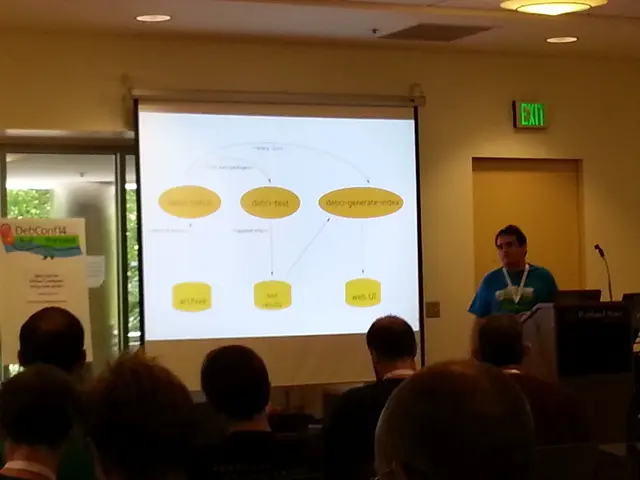In Australia, does the legislation protect buyers of both new and second-hand cars through specific lemon laws?
In Australia, the Australian Consumer Law (ACL) is the primary legislation that protects consumers when purchasing motor vehicles, whether new or used. This law applies nationally, and each state and territory has its own consumer protection agency, such as Consumer Affairs Victoria.
When buying a used car from sources other than a licensed motor car trader, it's essential to run a check on the Vehicle Identification Number (VIN) or chassis number on the Personal Property Securities Register. This ensures that there is no money owing on the car, that the car is not stolen, and that it isn't written-off.
If you buy a used vehicle from a licensed motor car trader, it may come with a statutory warranty. In Victoria, used cars less than 10 years old that have travelled less than 160,000km are covered by a statutory warranty for three months or 5,000km (whichever occurs first).
The dealer or retailer must repair any faults covered during the statutory warranty period. If the issue is major, consumers can request repair, replacement, or refund. Replacement must be of similar type and value, as reasonably available. Refunds should be the same amount paid and in the same form.
If a new or used vehicle is demonstrably faulty and not meeting consumer guarantees, the business that sold it may be required to offer a solution. Consumer guarantees include that a car must be of acceptable quality, fit for any purpose disclosed before the sale, match the description provided or the demonstration model, and have spare parts and repair facilities available.
If the dealer or retailer directs consumers to take the problem to the manufacturer or importer, they are not complying with the ACL. Consumers have the right to approach the dealer or retailer first for resolution.
If the problem is minor, a free repair may be required if offered by the dealer. If the dealer does not respond or recognise consumer rights, consumers can complain to Consumer Affairs Victoria (CAV).
In some cases, consumers may encounter a 'lemon' car - a product with a persistent defect that prevents it from living up to expectations. If the dealer will not repair a fault covered by statutory warranty provisions, consumers can make a claim to the Motor Car Traders Guarantee Fund.
Remember, if a mechanic fails to fix a car properly, they are still subject to Australian Consumer Laws for products and services. Consumers can contact CAV if they are unable to resolve the problem with the mechanic, and can apply to the Victorian Civil and Administrative Tribunal (VCAT) for compensation from the mechanic.
For more information, consumers can find the contact addresses for Motorcycle and Automobile Trading Authorities on their respective state's Department of Transport or Fair Trading websites. In Victoria, for example, it's Consumer Affairs Victoria.
Lastly, consumers can also make a report to the Australian Competition and Consumer Commission (ACCC) if they have a lemon car. By understanding these rights, consumers can make informed decisions and ensure they are protected when buying a car in Australia.
Read also:
- Greece pursuing building techniques without the use of traditional heating methods
- United States Postal Service Upcoming Price Hikes for Festive Delivery: Essential Details and Amounts Disclosed
- Expanding Market for Open Gear Lubricants Forecast to Reach $1002.7 Million by 2034
- Electric car owners of Porsche and Audi models now have access to Tesla's Supercharger network.








